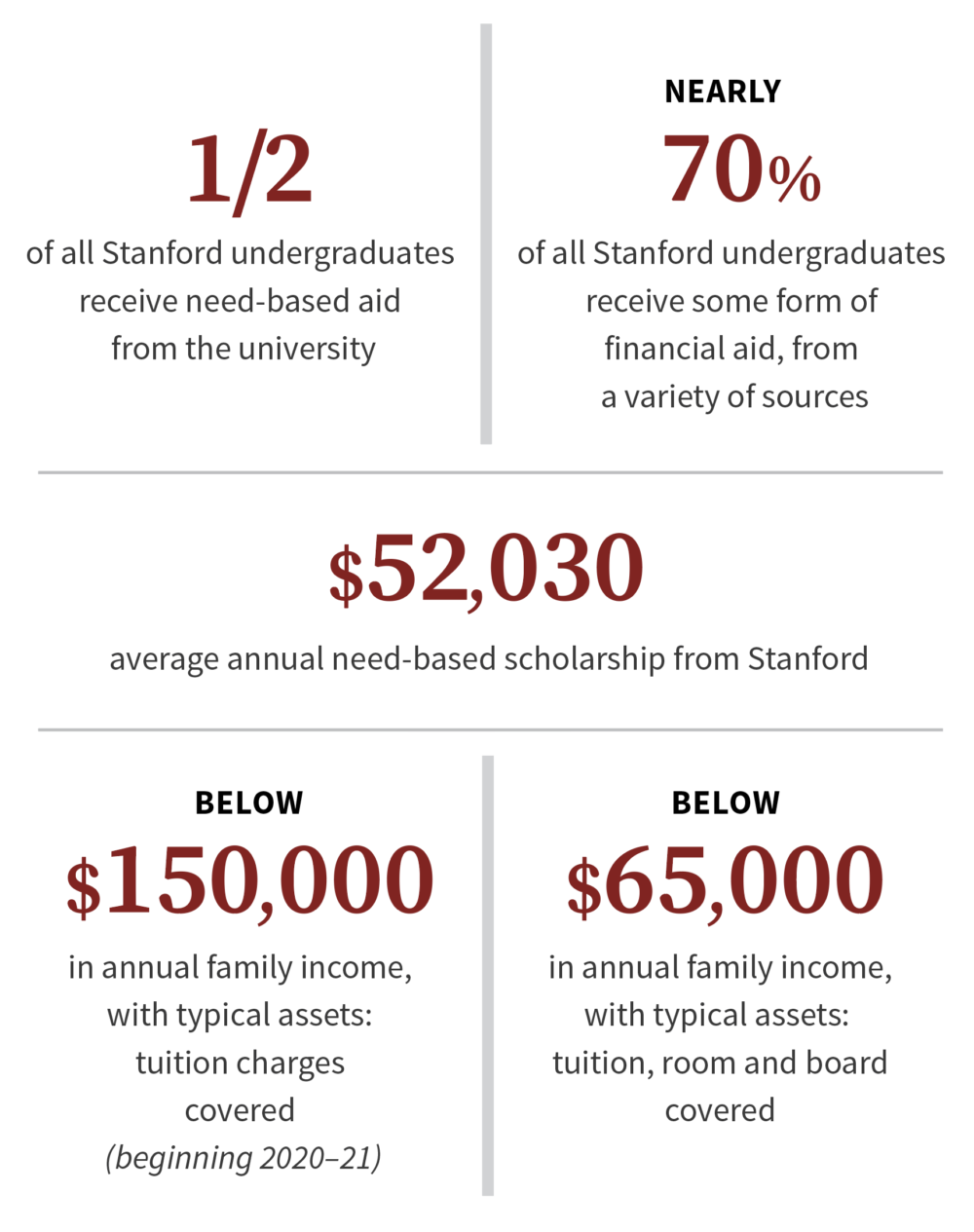
Parents with income below $66,000 are not expected to contribute any funds to their student’s education. Columbia provides more than $150 million in grants and scholarships annually, distributed to 50% of students. Columbia: Students are not expected to borrow.Families with incomes less than $65,500 receive aid packages that cover tuition, fees, room, and board. Penn: Students are not expected to take out loans, as Penn instead aims to cover 100% of attendance costs with grants, parental support, and student contributions.And students from families with incomes below $65,000 can qualify for a grant that covers 100% of their costs of tuition and room and board. Princeton also provided an average grant amount of $62,200 for students admitted to the class of 2025. Princeton: Of Princeton graduates in the 2021-22 school year, 83% left campus debt-free.Cornell does include loans as part of its financial aid packages, but it guarantees that families making less than $60,000 with assets less than $100,000 will have no loans nor be required to make a contribution. Cornell: The average grant amount at Cornell was $43,250 for a first-year student in the class of 2025, with the highest grant in that academic year reaching $72,800.Families with under $60,000 in income aren't expected to make a contribution, and 50% of the class of 2026 received need-based aid that doesn't have to be repaid. Brown: Students are not expected to borrow, and loans are not part of the financial aid package for 100% of students who qualify for assistance.Parents who make under $75,000 per year are not required to make a financial contribution. Financial aid packages are built around scholarships, parent contributions, and student contributions. Yale: This institution does not expect students to borrow for school.Families that earn less than $75,000 per year are not expected to make any financial contribution. Harvard: About 55% of Harvard students receive scholarship aid, and 20% pay nothing to attend at all.*The HUHS Student Health Fee (SHF) and Student Health Insurance Plan (SHIP) are required for all dependents. (No additional cost for more than three dependents)
Harvard tuition and living expenses plus#
$2,100 per month plus $4,500 per dependent beyond three per academic year

Lacking medical insurance or being unable to pay for health care services may prevent spouses or children from receiving medical care. federal regulations prohibit HKS from including dependents’ day-to-day costs in domestic students’ cost of attendance. The cost breakdown below is for international students’ reference only and cannot be used to increase the amount of scholarship, fellowship, or loan funding for which an international student is eligible. The type of childcare that is appropriate for a family will vary, however this website for Harvard-affiliated day care centers provides a fair example of the average cost of childcare in Cambridge. In keeping with the general cost of living in the Cambridge/Boston area, the cost of childcare can be quite high. If you will need childcare, we encourage you to consider that expense when you plan your time at HKS. Additionally, if you receive HKS scholarship assistance that covers the Student Health Insurance Plan, waiving it will result in a dollar-for-dollar reduction of your award.

Only the cost of the Harvard Student Health Insurance Plan-or a plan that you, personally, are paying-can be included in your cost of attendance. Visit the Harvard University Health Services website for more information.
Harvard tuition and living expenses full#
* It is mandatory that you hold health insurance while enrolled full time at HKS. Summer & Spring Summer Mason Program Seminar Mid-Career Master in Public Administration (MC/MPA) PLC Pathway

Malcolm Wiener Center for Social Policy.Belfer Center for Science and International Affairs.Ash Center for Democratic Governance and Innovation.


 0 kommentar(er)
0 kommentar(er)
